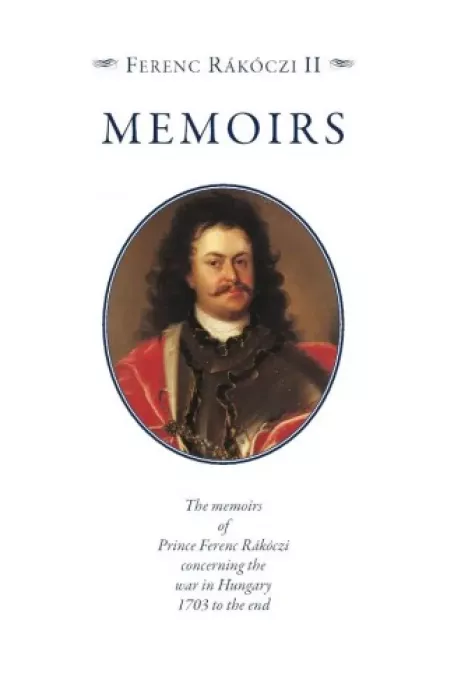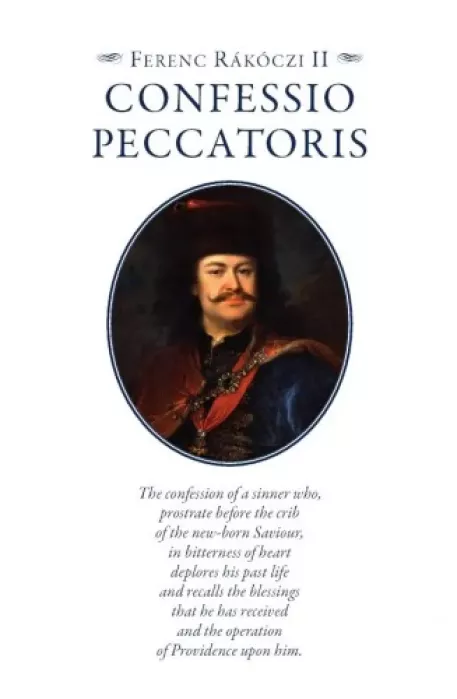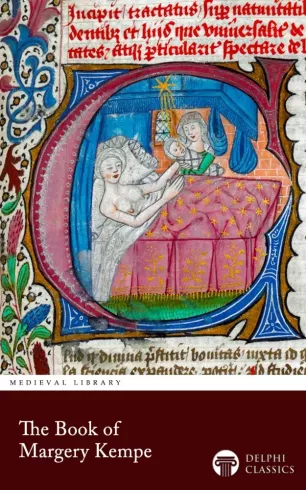
The events discussed in Rákóczi's Memoirs took place after those described in book 1 of Confessio Peccatoris, and the work was finished in his retreat at Grosbois in early 1717, not long after Confessio had been started. It was written in French, more accessible than the Latin of Confessio, and was intended for publication in the West.
Raktári kód:
223619
Oldalszám:
240
Szállítás:
Azonnal
Elérhető nálunk:
.ePub formátumban
Eredeti ár:
1 999 Ft
Adatok
The events discussed in Rákóczi's Memoirs took place after those described in book 1 of Confessio Peccatoris, and the work was finished in his retreat at Grosbois in early 1717, not long after Confessio had been started. It was written in French, more accessible than the Latin of Confessio, and was intended for publication in the West. It did not, how-ever, appear until 1739, four years after its author's death, and though the original manuscript is lost lacer copies are known. The text is an account of the war against Austria which lasted from 1703 until 1711. lt is a cascade of narrative, a constant stream of names of people and places, with much description of fighting and troop movements and discussion of strategy. Although the revolt spread steadily, encompassing much of Hungary, with some 75,000 men under arms at its peak, it was not universally supported. Rákóczi saw himself, despite his youth and inexperience, as sent by divine providence to win the country's liberty. He had no illusions about his fellow Hungarian magnates and the clergy, many of whom favoured Austria, and while appreciating the spirit of the common nobility he deplored the ignorance and vulgarity into which many had sunk. He gives detailed accounts of his deliberations with the Estates of Hungary and Transylvania, of his thoughts on being elected prince of chat province, and of his views on the personal qualities of those serving under him. Despite no little early success the revolt ultimately collapsed. Negotiations wid1 Austria failed, financial problems (especially after the withdrawal of French support) sapped the Hungarian war effort, while the complexity of international affairs precluded outside intervention.
Vélemények
Hírek




